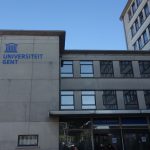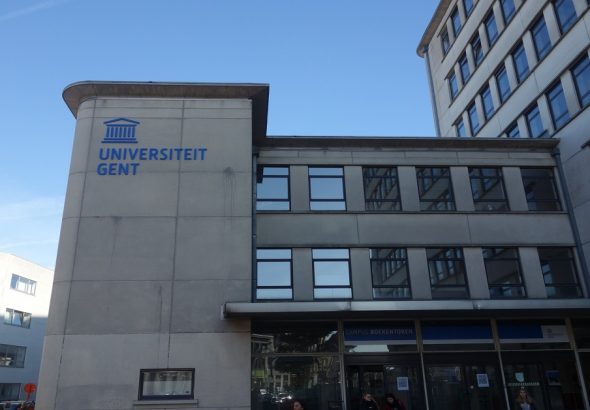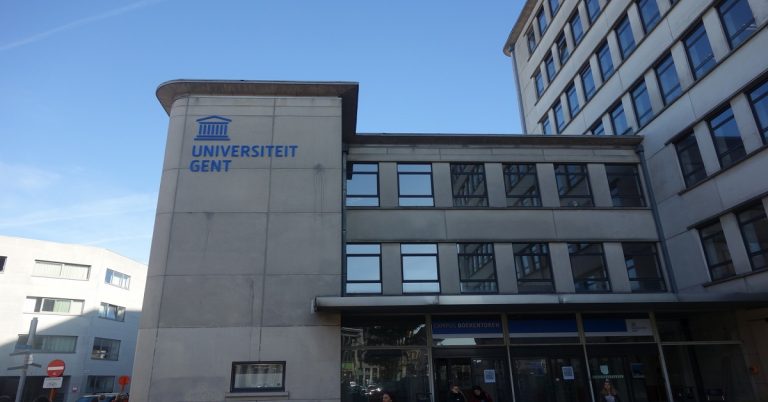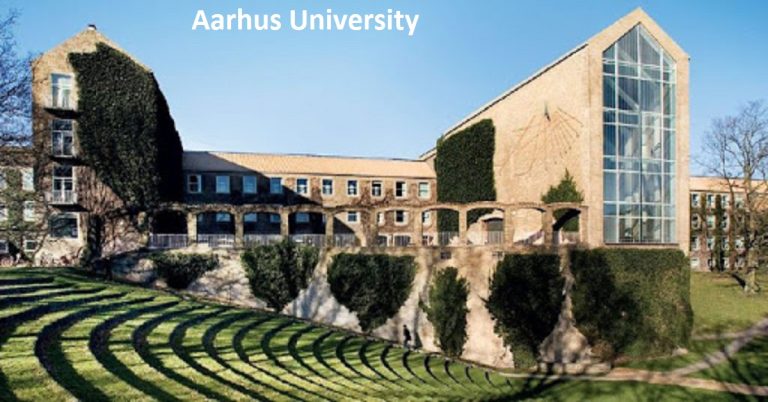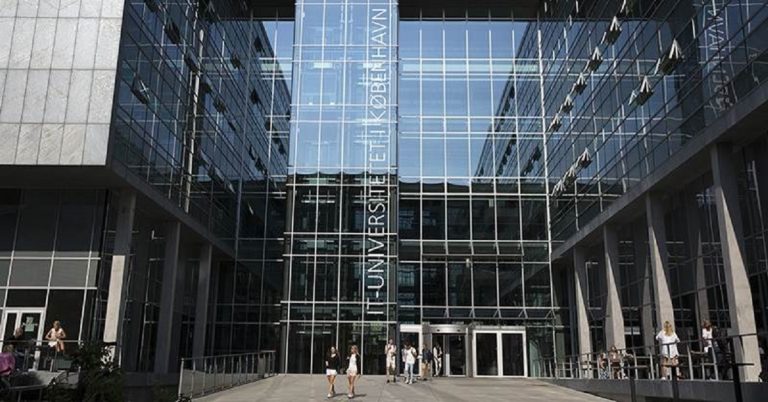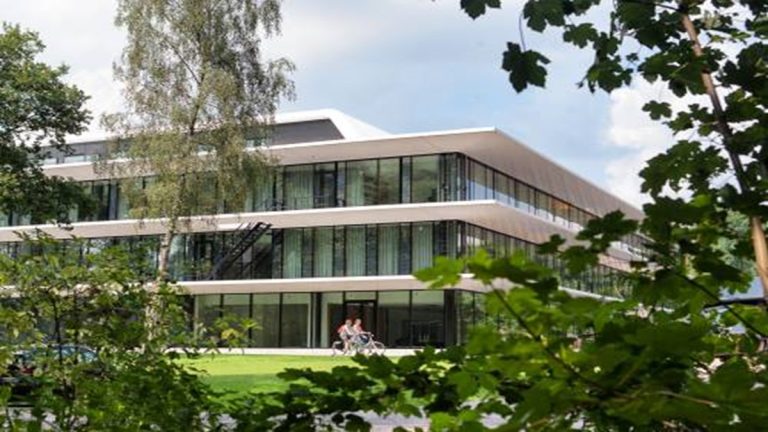Fully Funded PhD Scholarships at Ghent University, a public research university located in Ghent, Belgium. PhD Scholarships...
Luxembourg Institute of Science and Technology in Luxembourg invites application for vacant PhD and Postdocs and Academic...
Luxembourg Institute of Science and Technology in Luxembourg invites application for vacant PhD Positions, The Luxembourg Institute...
Postdoctoral Scholarships at The University of Luxembourg, a public research university situated on Belval Campus and in...
PhD Scholarships at The University of Luxembourg, a public research university situated on Belval Campus and in...
PhD Scholarships at Aarhus University, the largest research university in Denmark, a member of the European University...
Postdoctoral Positions at Copenhagen University, Denmark, the second oldest institution for higher education in Denmark. Postdoctoral Positions...
PhD Scholarships at Copenhagen University, the second oldest institution for higher education in Denmark. PhD Scholarships at...
University of Oslo in Norway invites application for vacant Postdoctoral Positions, is the oldest university in Norway,...
PhD Postdoctoral Positions at Radboud University in Netherlands, is the teaching hospital affiliated with the Radboud University...
